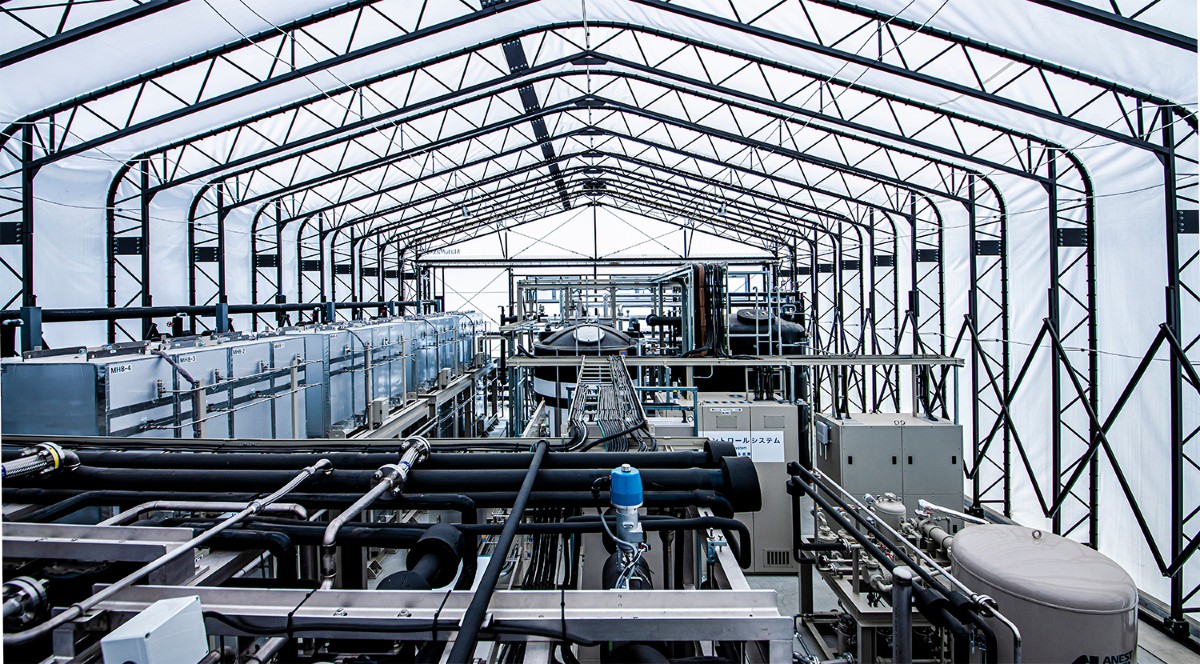Innovative Bidirectional Charging for EVs to Stabilize Power Grids and Drive Renewables
Key Ideas
- Research in Yamanashi Prefecture aims to convert water into hydrogen for energy using renewable electricity, supporting a shift towards cleaner energy sources.
- TEPCO sees electric vehicles as valuable distributed energy resources that could alleviate grid challenges by storing and supplying excess energy back to the grid.
- New bidirectional charging technology optimized with AI by TEPCO aims to balance energy demand, reduce costs, and provide backup power during natural disasters.
- Development of standardized fast-charging systems like CHAdeMO for EVs is crucial to increasing their convenience and market adoption globally.
In Japan, research efforts in Yamanashi Prefecture are focused on developing a bidirectional charging system for electric vehicles to enhance power grid stability while managing inputs from solar and wind sources. By 2030, renewable sources are anticipated to contribute significantly to Japan's energy mix. TEPCO, in collaboration with Toray Industries, is exploring the conversion of water into hydrogen for energy using renewable electricity. This initiative not only supports cleaner energy production but also aims to address the challenges posed by the variability of renewable sources.
TEPCO views electric vehicles as a valuable resource for storing and redistributing excess energy back to the grid during peak demand periods. The bidirectional charging technology developed by TEPCO, in partnership with Diamond & Zebra Electric Mfg. Co., Ltd., employs AI to optimize energy flow based on various factors. Consumers stand to benefit from reduced electricity costs and backup power capabilities through this innovative system.
Moreover, the adoption of standardized fast-charging systems like CHAdeMO is crucial for enhancing the convenience and appeal of electric vehicles in the market. TEPCO's leadership in developing these standards not only accelerates EV adoption but also facilitates the creation of stabilized power supply systems utilizing bidirectional charging devices. The future implications of these advancements extend globally, with pilot studies already underway in the United States.
TEPCO's commitment to sustainable energy transitions also involves research into hydrogen production using renewable energy sources. This shift to hydrogen offers a cleaner alternative to traditional heat energy, significantly reducing carbon emissions. Japan's substantial investment in hydrogen technology underscores its dedication to creating more environmentally friendly energy systems. Private entities are also recognizing the potential of these innovations, positioning hydrogen as a key player in the future of energy production and storage.
Topics
Utilities
Renewable Energy
Electric Vehicles
Energy Storage
Power Grid Stability
Sustainable Energy Systems
Standardized Charging
Latest News
